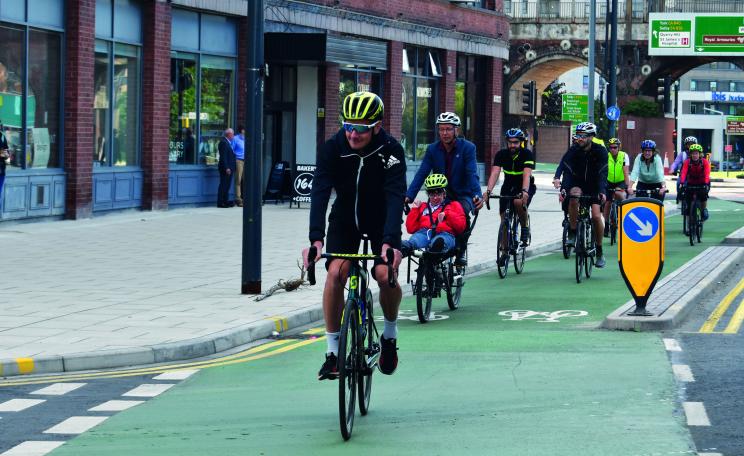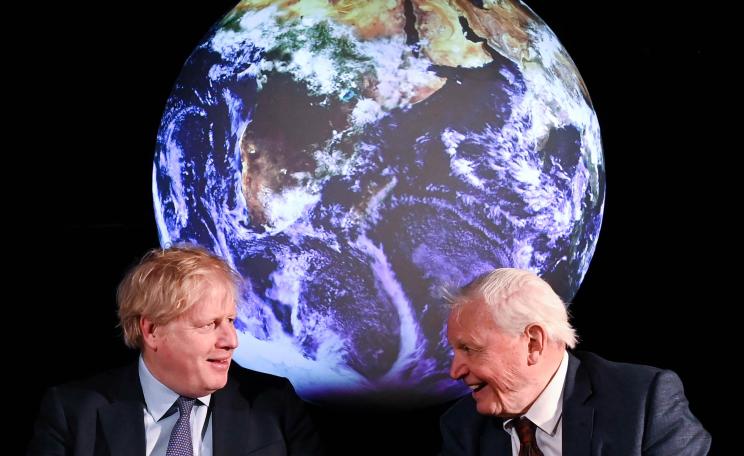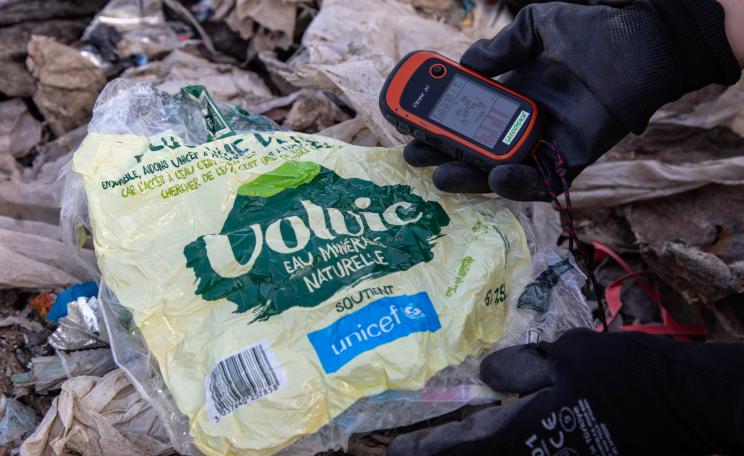Those who live in poor environments are also those who have the worst health and the lowest incomes.
Investing in nature could save the NHS more than £2 billion a year, according to the chief executive of the Environment Agency.
Sir James Bevan is expected to say in a speech that levelling up the environment will help level up everything else.
The speech coincides with the publication of the Environment Agency’s The State of the Environment: health, people and the environment, which shows the green inequality in society.
Space
Speaking at UCL, Sir James is expected to say: “Investing in a healthy environment is about the smartest thing we can do.
“It makes medical sense, because it will mean better health for all and less strain on the NHS.
“It makes economic sense, because it will save the NHS billions of pounds: the NHS could save an estimated £2.1 billion every year in treatment costs if everyone in England had access to good quality green space.
“And it makes socio-political sense, because those who live in poor environments are also those who have the worst health and the lowest incomes: levelling up the environment will also help level up everything else.”
The Department for Environment, Food and Rural Affairs (Defra) said the Environment Agency’s report finds that people living in deprived areas are not only more likely to have poorer health outcomes, they also have poorer quality environments and access to less green space.
Recovery
Defra said one study found that city communities with 40% or more black, Asian or ethnic minority residents have access to 11 times fewer green spaces locally than those comprising mainly white residents.
Emma Howard Boyd, chair of the Environment Agency, said: “The coronavirus pandemic has exposed and amplified green inequality in society.
“Too many towns and cities in England, especially those with a strong industrial heritage, have too little green space, too few trees, culverted rivers, poor air quality and are at risk of flooding.
“This holds back economic growth and the building of new homes. It’s also a fundamental moral issue.
“Areas of higher deprivation and black, Asian and minority ethnic populations have less access to high quality green and blue space, and this contributes to differing disease burdens and life expectancy.
“Creating, and connecting people with, green or blue spaces will support new local jobs and benefit health and wellbeing. This is why it is important that the recovery from coronavirus is a green recovery.”
This Author
Catherine Wylie is a reporter from PA.







